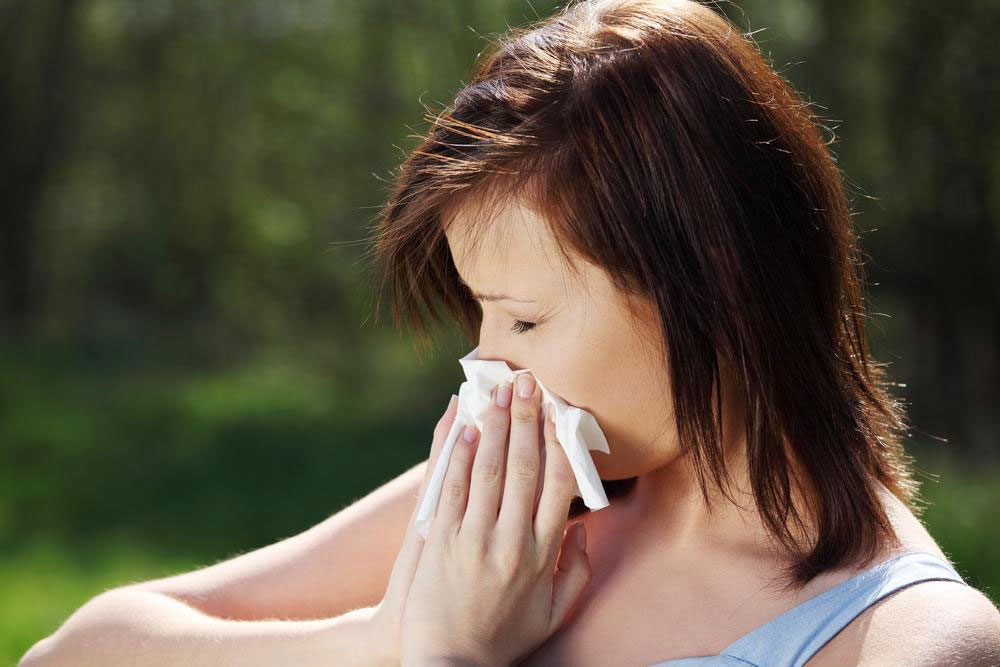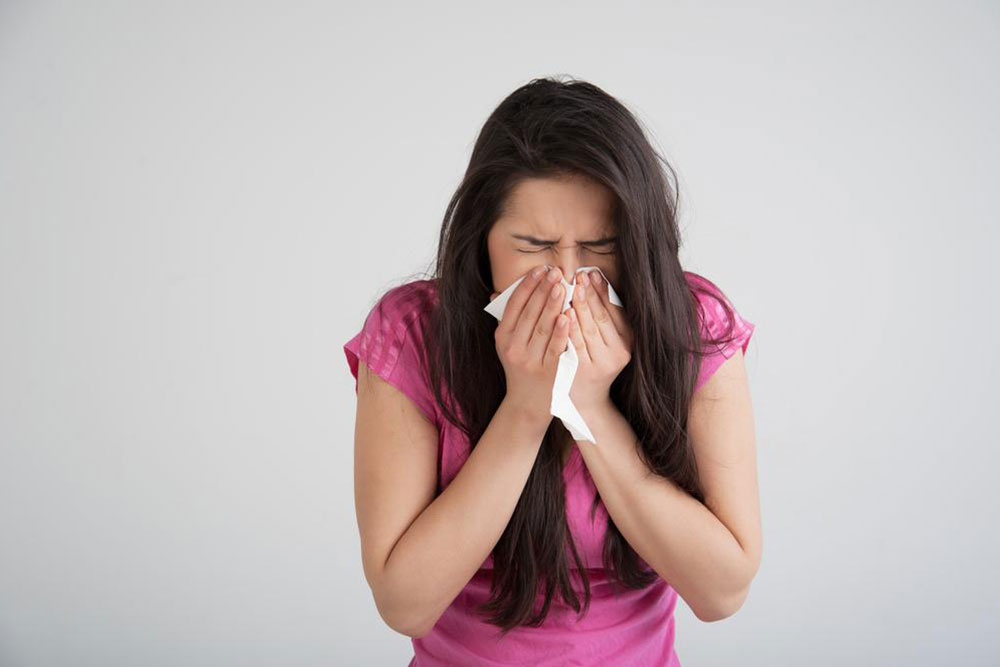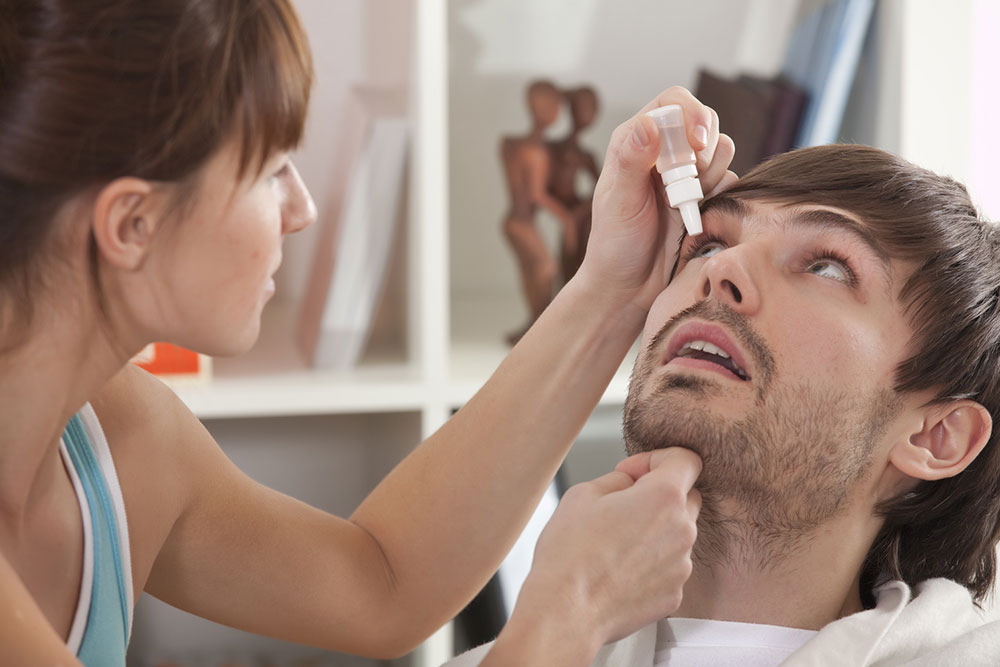Allergy Management: Exploring Treatment Options
Learn about allergy symptoms, how to identify them, and effective treatment options. From medications like antihistamines and corticosteroids to immunotherapy, discover ways to manage allergic reactions. Consulting a healthcare professional is essential for personalized treatment plans and emergency preparedness. This guide aims to increase awareness and promote safe allergy management practices.

Allergy Management: Exploring Treatment Options
Allergies are widespread, and while avoiding allergens completely isn't always possible, effective treatments can help control symptoms. Recognizing allergic reactions promptly is crucial for managing them effectively. Continue reading to understand allergies, how to identify symptoms, and available treatment strategies.
What Are Allergies and How Are They Detected?
Allergies are immune responses to substances the body perceives as threats, known as allergens. These aren’t limited to bacteria or viruses; environmental factors like pollen, dust mites, pet dander, and certain foods can also trigger allergic reactions.
Reactions vary among individuals, influenced by genetics but not necessarily inherited directly. Allergies can develop at any age and differ in severity, with symptoms including nasal congestion, watery eyes, swelling, skin rashes, and wheezing. Some cases progress to asthma, emphasizing the importance of accurate diagnosis. Medical evaluations, including blood and skin tests, help identify specific allergies.
Treatments for allergies include medications, immunotherapy, and emergency interventions. Common medications encompass antihistamines, corticosteroids, and decongestants, which reduce inflammation and relieve symptoms. Immunotherapy involves controlled allergen exposure to desensitize the immune system, especially for hard-to-avoid triggers. Always consult your healthcare provider for personalized treatment plans. Carrying medications and epinephrine auto-injectors can be lifesaving during severe reactions.
Important Notice:
The health information provided here is for general awareness only and should not replace professional medical advice. Always seek guidance from qualified healthcare providers for diagnosis and treatment of allergies or any health concerns.










